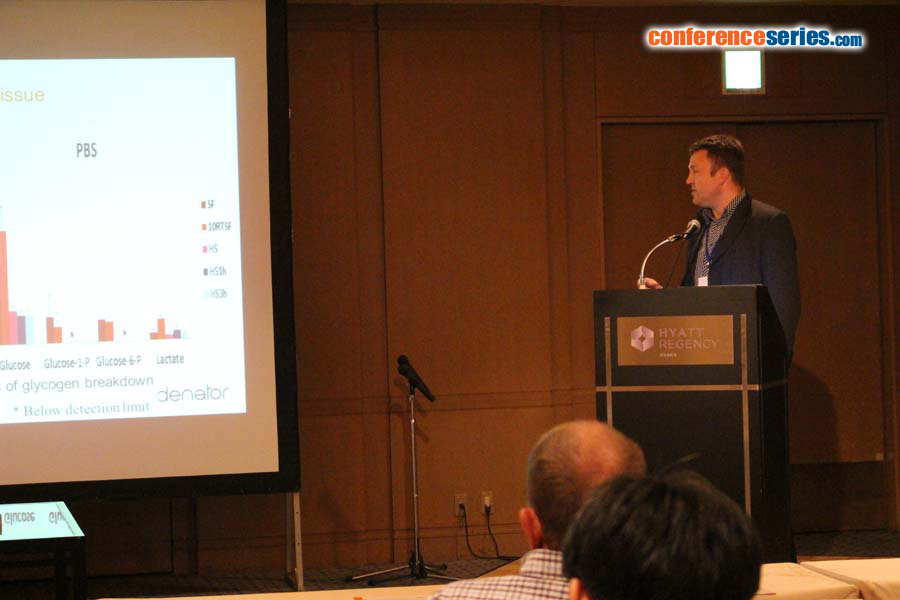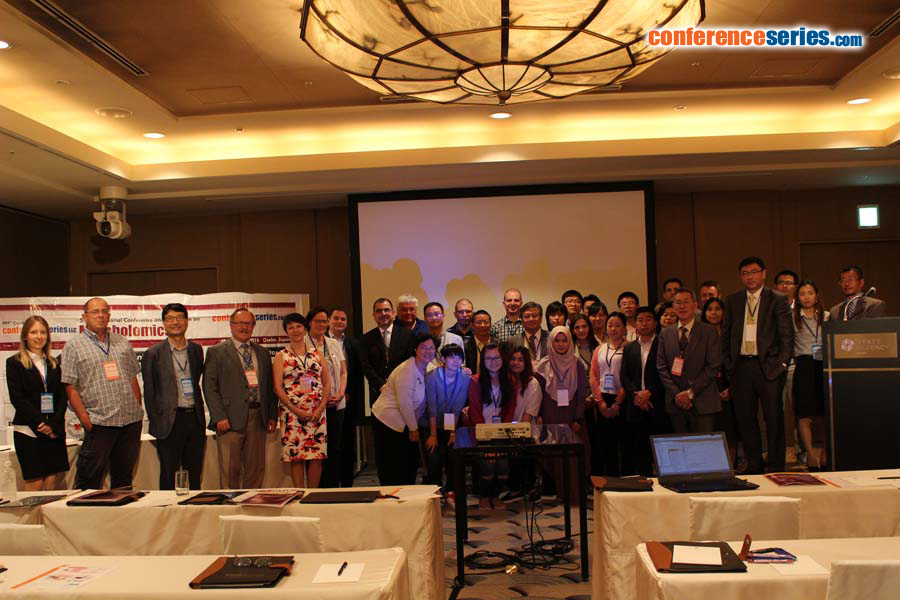
Mats Gustav Borén
Denator, Sweden
Title: Prevention of metabolite change due to enzymatic post-sample activity using heat based enzyme inactivation
Biography
Biography: Mats Gustav Borén
Abstract
The removal of a biological sample induce a cascade of reactive changes causing alterations to the molecular profile of the sample. This is particularly true for metabolomic studies where sample preservation is key for the relevance of the analytical results. In order to avoid this and enable analysis of a molecular state closer to in vivo state, heat induced protein denaturation has been introduced as a means to preserve sample conmposition and quality1 A study has been done to evaluate the inclusion of heat stabilization in the sample preparation prior to lipid analysis. The study was performed on mouse livers from 30 healthy mice, randomized in 5 groups of 6 animals designed to compare snap freezing at -80°C to 3 heat stabilization conditions (freezing just after heat stabilization, after 1 hour and after 3 hours) and to a negative control samples maintained at room temperature during 10 minutes before freezing. For each mouse livers polar metaboltes were extracted using MeOH and PBS buffers and analyzed using NMR to generate a global metabolite profile. Representative lipids profiles were generated and compared between the different treatment groups. Analysis demonstrate that for frozen samples, MeOH extraction results are intermediate between PBS extraction and heat stabilization, suggesting that whatever the method of extraction, there is metabolic changes for frozen samples, but also that results with heat stabilization are indeed “better” than freezing. A new biological sample preservation procedure based on heat stabilization for improved metabolomics profiling has been developed.



